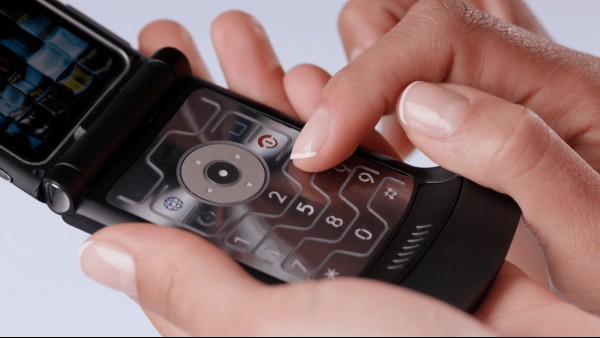As a newcomer to Denmark or to the Danish language, you might be confused when you hear people saying “hi hi” whenever they part. Then again, that’s not really what they’re saying. They’re saying hej hej, which means “goodbye” in Danish, and is also just a doubled-up version of hej, which is, well, “hey” or “hi.” Not too difficult to remember, right?
Truthfully, you can get by in most situations requiring a greeting or a farewell knowing just these two words. But if you’re hoping to navigate your Danish conversations with more nuance and skill than the average tourist, you’ll want to have a few more situationally appropriate options under your belt.
How To Say Goodbye In Danish
In Formal Situations
Though it’s a less common way to say goodbye in Danish, there’s a way to dress your goodbyes up with a bowtie, and that’s with farvel (kind of like “farewell”). In situations where you might be speaking to a boss, to your elders, or anyone you might not be on a first-name basis with, this is a good one to know.
Also, though this doesn’t strictly count as something you would only say in formal situations, you’ll also hear Danish people thanking each other as a means of concluding their interactions. For instance, Tak for i dag (Thank you for today), Tak for sidst (Thank you for the other day), or Tak for maden (Thank you for the meal). If you’ve shared an experience together — even if it’s just a long day of work — this is also a polite way to sign off.
A Few More Casual Options
More often than not, you’ll hear people say hej hej as they part ways with their friends, loved ones, and peers.
However, you can mix it up with a few variations on “see you” in situations when you want to imply that you’ll meet again soon. Vi ses, which means “see you later,” literally means “we see us.”
- Vi ses! — See you later!
- Ses! — See ya!
- Vi ses i morgen. — See you tomorrow.
- Tak, vi ses senere! — Thanks, see you later!
- godnat — goodnight
- Ha’ en god dag! — Have a good day!
- Ha’ en god weekend! — Have a nice weekend!
Some Specific Goodbyes
Now that you’ve got a basic sense of how to say goodbye in Danish, here are a few examples of how to work these into more complex sentences.
- Fint! Men nu skal jeg gå. Hej hej. — Great! But now I have to go. Bye!
- Jeg skal gå, hej hej! — I have to go, bye!
- Hej hej, jeg går nu. — Bye, I’m going now.
- Hej hej, vi ses i Danmark! — Bye, see you in Denmark!
- Hej hej, hav det godt! — Bye, have a good one!
- Vi ses på onsdag! — See you on Wednesday!











